Introduction
Ghana is an African country located on the West of the continent. The country lies between Togo on the East, Cote D’Ivoire on the West, Burkina Faso on the North and the Gulf of Guinea on the south. The capital of Ghana is Accra. The estimated population of Ghana is 30 million spread across a land mass of 238,535 km2 (92,099 sq mi). Despite being constitutionally recognized as a secular state, majority of Ghana’s population identifies as Christian and Muslim, whiles various faiths (traditional and other foreign) spread across the minorities. Ghana’s vegetation is tropical and the land is home to a variety of animals and forest areas like the Atewa Forest Range. This vegetation has supported the growth of major crops like cocoa, coffee and a host of cash crops (cotton, pineapple, yam, etc).
Ghana is also home to a variety of natural resources like Gold, Diamond, Bauxite, Manganese, Oil, etc. Ghana’s government is a unitary presidential constitutional republic, with a parliamentary representation of 275 constituencies. The country is divided into sixteen regions (Northern Region, Savannah Region, Northeast Region, Upper East Region, Upper West Region, Bono Region, Bono East Region, Ahafo Region, Ashanti Region, Central Region, Eastern Region, Oti Region, Volta Region, Greater Accra Region, Western Region and Western North Region). Ghana’s official language is English although the various dialects of major and minor languages are used in informal capacities.
Location of Ghana in Africa
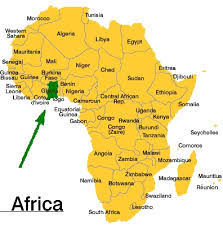
Source: Google Images (2021)
Map of Ghana
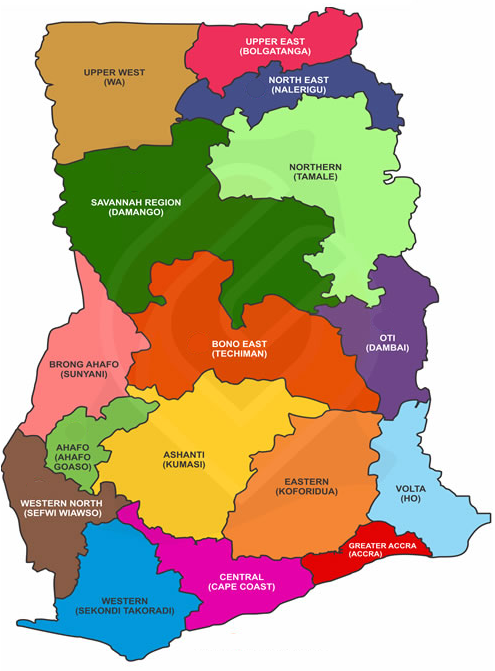
Source: Google Images (2021)
Formation
The country Ghana, is a West African nation formed in 1957. Before its formation in 1957, the territory was home to a variety of ethnic groups, some of which had come together to form states and an empire. Among these ethnic groups were the mainly Mole-Dagbane, Akan, Ewe, Guan, and Ga-Adangbe. The Mole-Dagbane collective includes distinct groups like the Dagomba, Mamprusi, Mossi, Gurma, Grusi and Mande-Busanga who occupy the northern parts of the land The Akan collective, notably the largest consists of the Ashantis, Akuapems, Akwamus, Akyems, Fante, Nzema and Bonos. The Ewe is divided only in terms of settlements which spanned from present day Ghana, through Togo to Benin. The Guans consisted of the Effutus, Awutus, Larteh, Nkonya, etc. The Ga-Adangbe includes the Gas and the Adangbes. Out of these groups, some form states which lasted for differing periods whiles the Ashanti formed an Empire (the Ashanti Empire). These groups lived under their laws and administration until the coming of the Europeans in the 14th Century. The periods before and after the coming of the Europeans saw infighting among the different groups, each fighting for supremacy over the other.
An Ashanti King seated with his sub-chiefs and subjects

Source: Terry Fincher (1961) For Mirrorpix/Getty Images
The arrival of the Europeans, which started trade activities between the indigenous people and the Euporeans, gradually led to military and governance arrangements that led to the creation of the GoldCoast (under British administration). This administration created the union of these various states and empire as one territory. After several years, the people of the Gold coast under the leadership of Dr. Kwame Nkrumah (Ghana’s first President) won independence from British governance in 1957, leading to the formation of the country-Ghana. The name Ghana was adopted form the ancient Ghana Kingdom in the area of South-Sahara in the 10th Century. Consequently in 1960, the country became a republic.
Ghana’s Independence Declaration Led by Kwame Nkrumah

Source: Photo by Mark Kauffman/ The LIFE Picture Collection via (Getty Images)
Ghana’s National Identity
Since independence, Ghana has fostered an idea of national identity that permeates through ethnic differences, seeking to unite the entire country. The idea of national identity has been informed with culture as well as nationhood factors. Ghana’s national animal is the Tawny Eagle, depicted on the Ghana Coat of Arms. Ghana’s coat of arms carries the national motto of “Freedom and Justice”. Ghana’s national anthem is "God Bless Our Homeland Ghana", accompanied by a national pledge.
Ghana Flag Ghana’s Coat of Arms
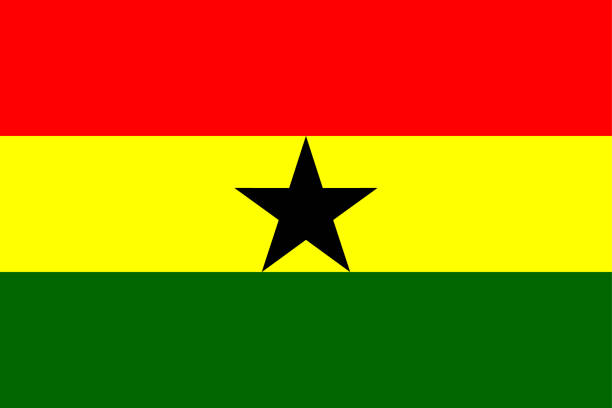
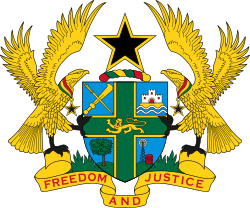
Source: Google Images (2021)
Ghana: Culture
On the face of it, Ghana’s culture is hard to define without eliminating the cultures of minor groups. Each of the various unique groups have contributed different cultures to national development. The Ghanaian culture is thus a tricky one. Generally, Ghanaians are known as hospitable people with visitors and observers noting them are warming to all persons. Ghana’s cultural expressions can be observed through her festivals, customs, music, etc.
When it comes to festivals, the different ethnic groups hold various forms of festivals at different times. Some festivals in Ghana are the Fetu Afahye, Bakatue, Yam Festival, Fire Festival, Homowo, Adae, Asafotufiam, Hogbetsotso, Kundum, etc. In all, there are over 70 major annual traditional festivals in Ghana. Most of these festivals are celebrated either to memorialize harvest seasons, migration or territory expansion history, stool cleansing and more. Like the festivals, Ghana’s food culture is also ethnic specific with a few meals like jollof and waakye, crossing ethnic boundaries.
In the arts, Ghana’s literary culture which was previously mainly oral has increased through the efforts of authors like Kwame Gyekye, Kofi Awoonor, Otukwei Okai, Efua Sutherland and Ayi Kwei Armah, who have fused Ghanaian traditional folklore with modern literature. Another aspect of Ghanaian art is the use of unique symbols. Hand-printed and hand-drawn “adinkra” symbols have been produced and used for devotional ceremonies by the ethnic groups in Ghana. Each of the reasons that compose the corpus of adinkra symbolism has a name and significance deriving from an affirmation, a historical event, and human behaviour, philosophy, type of plants or forms of inanimate and human objects. These symbols have been fused in the making of Ghanaian clothing, “kente” which is native to Ewes and Akans in Ghana.
Ghana’s Former President John Kufuor in Kente Regalia
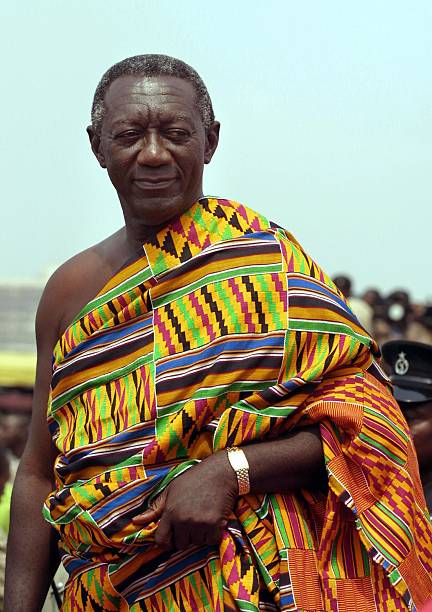
Source: Google Images (2021)
Ghana music is diverse and differs from one ethnic group to another. The Ghana music contains various different types of instruments including speaking drum ensembles, Akan Drum, Ga kpanlogo and log xylophones. Highlife is the most popular genre which became popular in West Africa from the late nineteenth and early twentieth centuries. Recently Ghana’s music culture has been influenced by foreign music forms like reggae, hiphop and RnB. Ghana’s music forms are accompanied by different traditional dances like adowa, kpanlogo, etc.
Representation of Adowa Dance
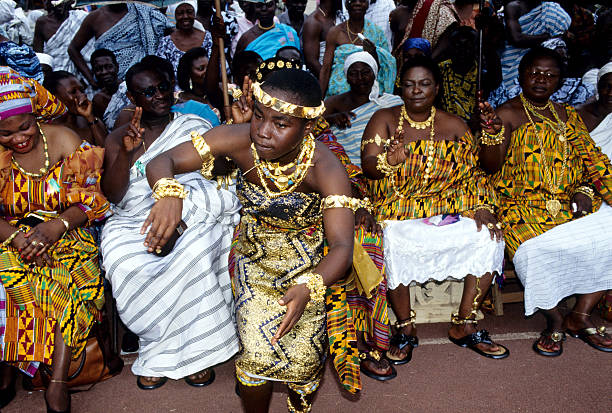
Source: Google Images (2021)
Ghana is also home to a variety of colonial structures and historical artefacts emerging from pre-independence period. These structures play host to Ghana’s vast tourism sector, supported by a number of reservations and hospitality centres. Famous of which includes the Cape Coast Castle, Accra, Kakum National Park and Mole National Park.
The Cape Coast Castle in Ghana
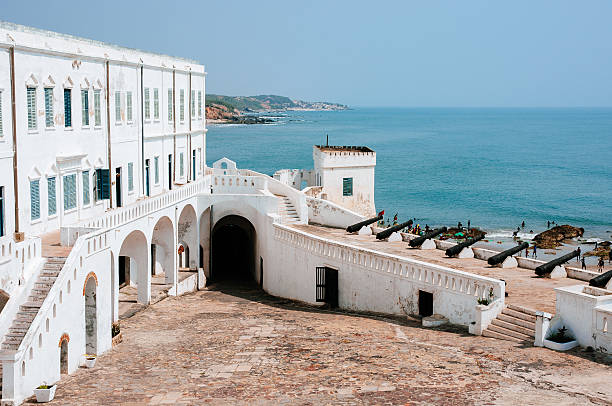
Source: Google Images (2021)
Ghana is hot during the whole year, but the period from November to April is more comfortable since it experiences cooler months and lesser humid. The dry season in Ghana means fewer mosquitos, a decreased risk of contracting malaria, and a better road conditions and movement inside the country, leading tourists to enjoy the charming beaches and the beautiful nature. In Ghana and especially in the capital cities, enthusiasts spend Friday, Saturday and Sunday evenings dancing in the city or on the beach. Regarding Cinema, Ghana competes with most African countries as it is known in the international festivals and producers from Ghana have won awards. In recent times, the success of Abraham Attah from the Idris Elba featured movie- Beasts of No Nation was largely applauded.
Ghana's heterogeneity system follows both precolonial and modern patterns. Most traditional kingdoms maintained exclusive rights to fill the central offices of king and chiefs who function hand in hand with local government officials. The traditional royalties are still accepted but have been superseded by Westernized elites. Contemporary stratification is focused on education and, to a lesser degree, income, both of which have contributed to substantial social mobility since independence. There have been marked wealth gaps, but the wide support responsibilities for families and the rights of most Ghanaians in the country have limited these differences.
In Ghanaian culture, the religious beliefs and rituals are very significant. They play a great role and affect every area of their daily activity as working, dancing, travelling as well as eating and drinking. Some cultures in Ghana have day names where children are named after the days of their birth.
Sports is also another major feature of the Ghanaian life, with majority of young people participating in either football, basketball and boxing mainly. Other sports like tennis, volleyball and athletics also has keen followers. Older men and women often stick to board games like draughts, ludo, oware, etc.In football, Ghana’s national team – the Black Stars have feautured in the world cup and its biggest football clubs-Accra Hearts of Oak and Asante Kotoko have won laurels on the continent. In boxing, Ghana is home to champions like Azumah Nelson and Ike Quartey.
Ghana’s Azumah Nelson
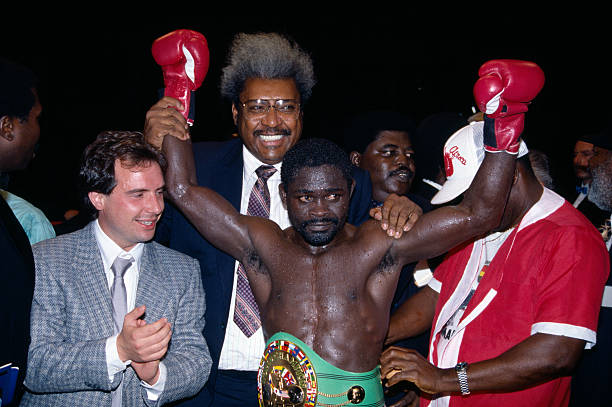
Being a Ghanaian is thus a constantly evolving experience depending on where one finds his or himself. However, the advantage Ghana’s urban cities offer is the experience of different cultures at the same time whiles still beaming with national pride.
(Doreen Wang,Assistant Researcher of CWAS,School of Public Affairs and Administration of UESTC)
Please refer to the Chinese Version published on Huanqiu.com, one of the top three rating news media in China. Huanqiu.com is a national rating on line media platform, approved by the publisher of People's Daily and the Central Internet Information Office of China. This column is to provide a platform for researchers and practitioners on West African issues.
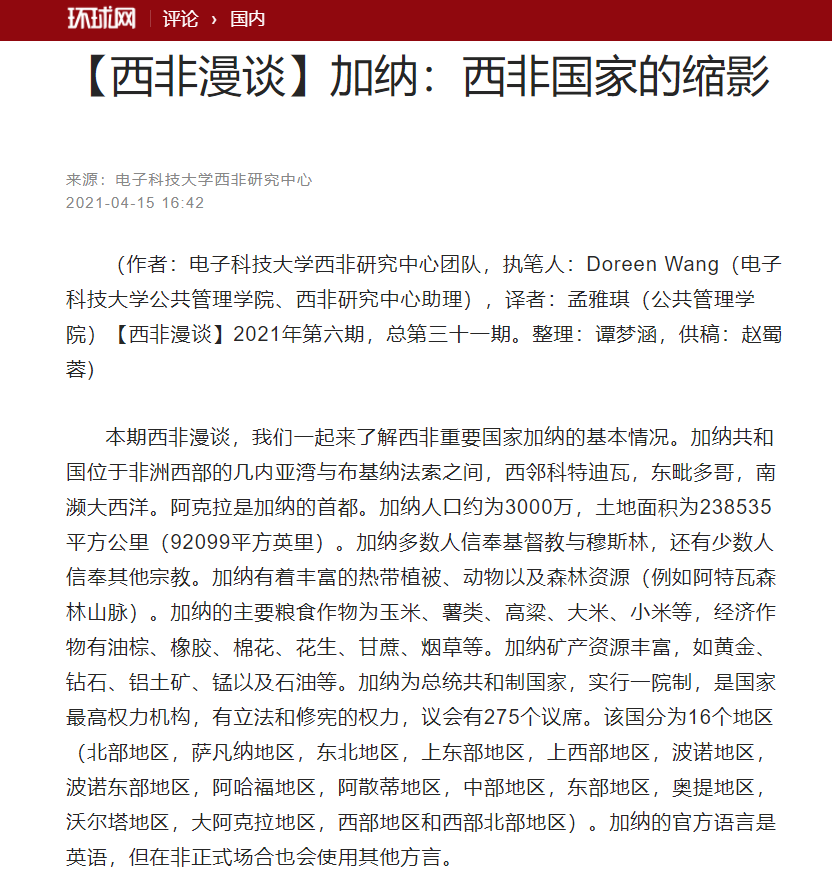
Link:https://opinion.huanqiu.com/article/42jQYGaBKyI